Joff Lacey visits the Ether Dome in Boston

Joff and his guests visit the hallowed turf that is the Boston Ether Dome, in the Bulfinch Building, Massachusetts General Hospital. How have times moved on since those early pioneering days when the relatively young profession of Anaesthesia was born? Back then the word wasn’t as widely used and the gentlemen in question described their activities as “rendering people insensible using sulphuric ether for the conduct of surgery”. Remember – if you’ve not yet subscribed to our mailing list you’re only getting half of the TopMed talk experience, go to our website now: www.topmedtalk.com Recorded last year this piece has Dr Joff Lacey paying tribute to the birthplace of Anaesthesia. Joined by Dr Liam Brennan, President of The Royal College of Anaesthetists (RCoA) and Dr Andy Bailey, Addenbrooke’s Hospital, Cambridge.
COVID 19 | Dr Joff Lacey

This piece sees us catch up with a the TopMedTalk team favorite; Joff Lacey. A popular presenter here on TopMedTalk, Joff tells us of his first hand experiences in the ongoing battle against COVID 19 in South London. We also get an update on Monty’s condition. Presented by Desiree Chappell with Dr Joff Lacey, Consultant Anaesthetist at St George’s Hospital in South West London. Thank you to our sponsor Edwards Lifesciences. Edwards clinical education (ECE): https://www.edwards.com/clinicaleducation
ASA | Life at The Extremes – trials on Everest & adapting to hypoxia
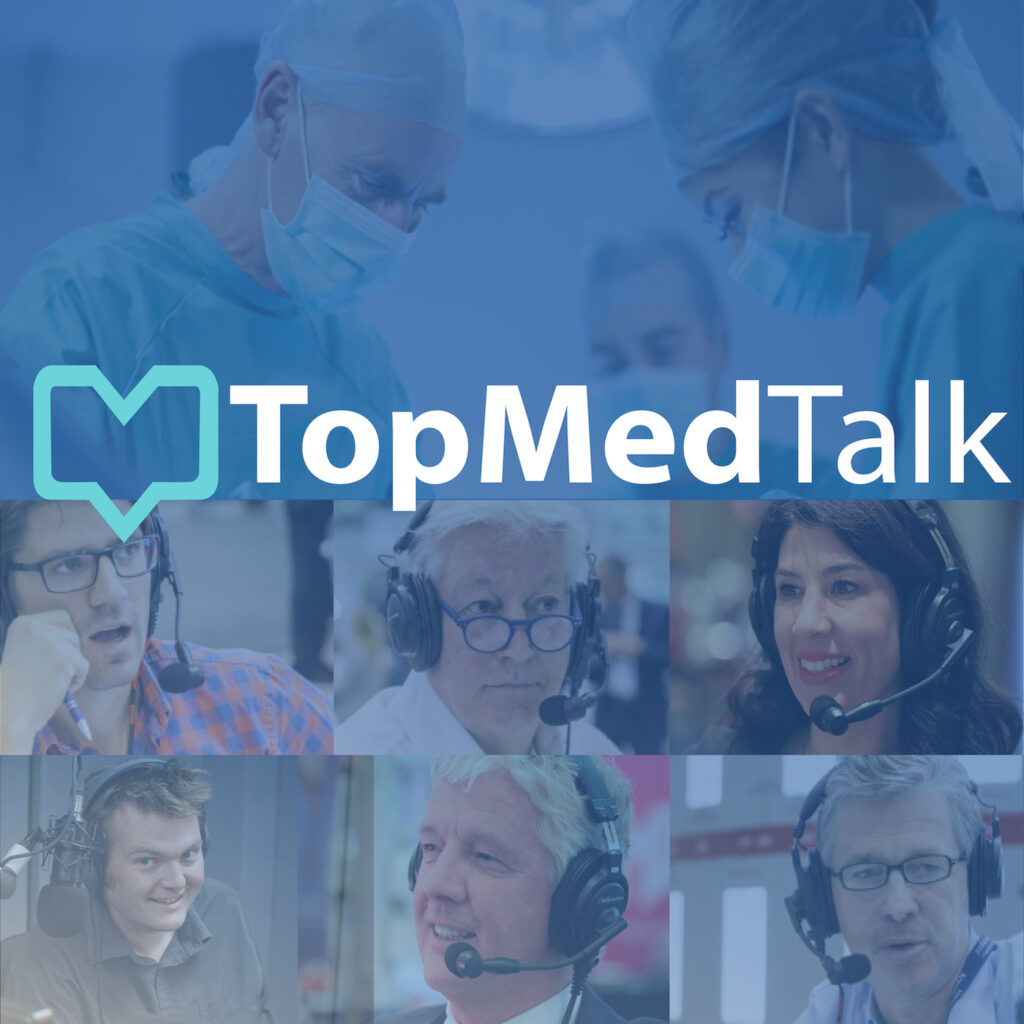
A discussion about oxygen and the Xtreme Everest research studies into human adaptation to hypoxia. How does the human body adapt to extreme conditions? We assume it will inevitably cause damage but this is not always the case. How do people who have inherited a tolerance for low levels of oxygen manage? Monty Mythen, Mike Grocott and Joff Lacey are joined by special guest Dr Dan Martin OBE, Consultant in Intensive Care and Everest summiteer.
ASA | The evolution of a profession
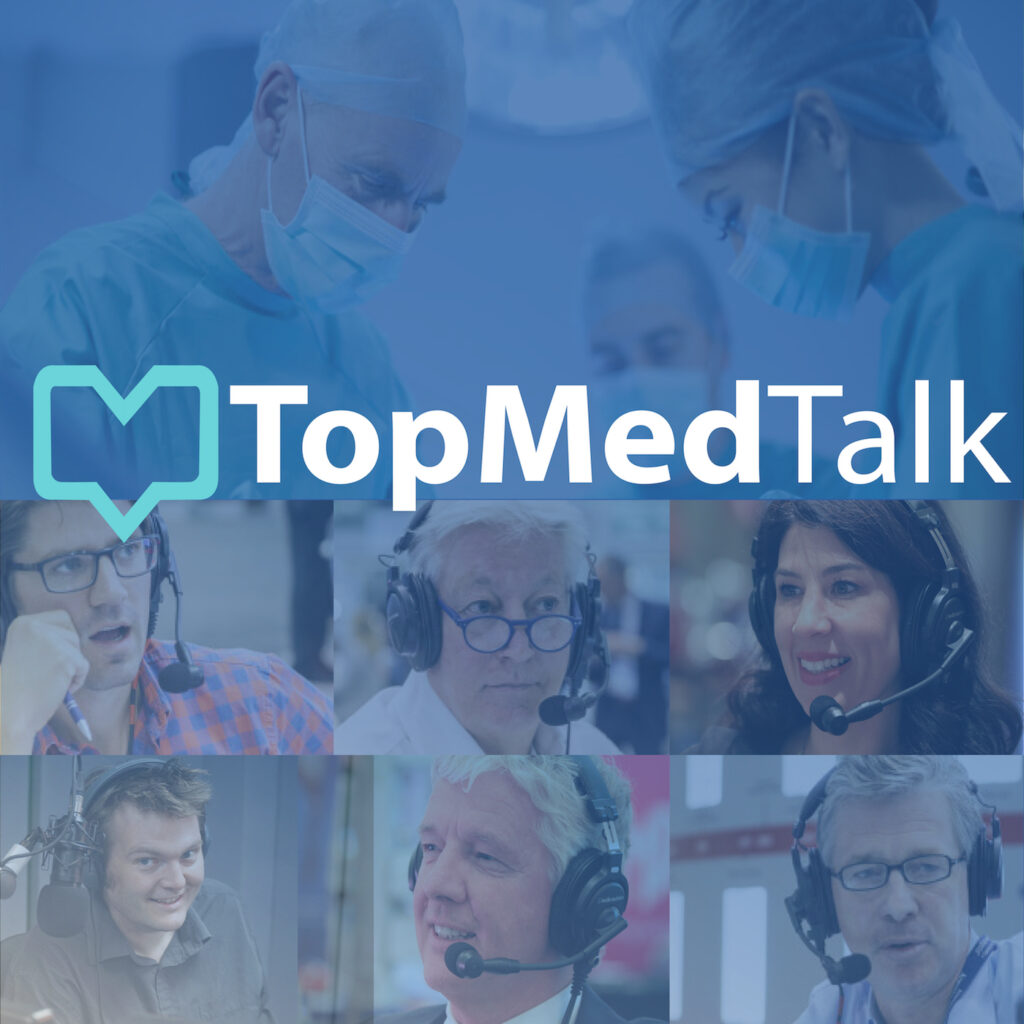
This piece is a look at the very beginnings of your favorite medical podcast. Today we celebrate the American Society of Anesthesiologists (ASA) and their annual general meetings, which we have covered every year since 2017. Find out how TopMedTalk pioneered its first live transmissions from that meeting in Boston and began providing free medical information for an ever growing online audience. This piece features a timeless conversation about the profession of Anesthesia, from its inception to the diverse and exciting role we find today. Are we right to say that its a role which is rightly evolving toward a broader focus on perioperative medicine? Can we be sure that those in this profession are right to take a leadership role as evidence of the life saving benefits of the perioperative method become recognised internationally? Presented by Monty Mythen, Smiths Medical Professor of Anaesthesia and Critical Care at University College London and TopMedTalk’s Editor in Chief, with, Mike Grocott, Professor of Anaesthesia and Critical Care Medicine at the University of Southampton, Joff Lacey, now a Consultant Anaesthetist at St George’s Hospital in South West London and Sol Aronson, tenured Professor at Duke University. Please check out the ASA’s website here: www.asahq.org The fuller conversations from this podcast are available here: Podcast 1: Live from Boston ASA 2017 – Anaesthesia and the Perioperative Medicine movement https://www.topmedtalk.com/podcast-1-live-from-boston-asa-2017-anaesthesia-and-the-perioperative-medicine-movement/ Live from Boston ASA 2017 – Perioperative Medicine in USA https://www.topmedtalk.com/live-from-boston-asa-2017-perioperative-medicine-in-the-usa/
TopMedTalks to … | Mike Swart
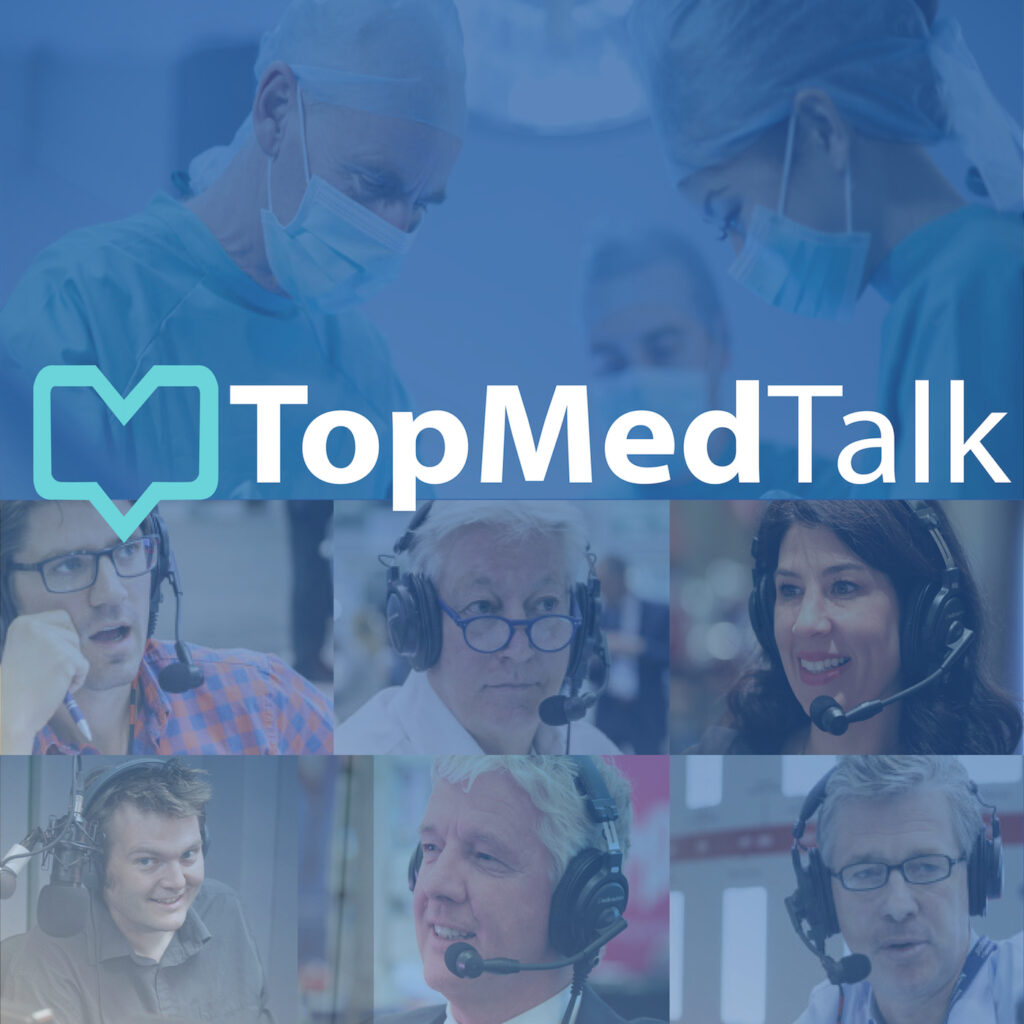
How do you become well known in the NHS for being innovative, particularly in the perioperative area regarding evaluation and communication of risk? How can cardiopulmonary exercise testing lead to shared decision making? Hear how aortic aneurysms are dealt with by a world class professional perioperative physician. Learn how that process and its success then spread out into other areas of healthcare within his institution. Do you need to develop a broad knowledge of all surgery and medicine so that you understand what is going on within the different surgical specialities? Following this discussion is had about the GIRFT (Getting It Right First Time) project. The stated aim is ‘to help improve the quality of care within the NHS by reducing unwarranted variations, bringing efficiencies and improving patient outcomes’. This piece gives you the detail from one of the joint clinical leads. Presented by Monty Mythen, Joff Lacey and Desiree Chappell with their guest Dr Michael Swart, Consultant in Anaesthesia and Critical Care Medicine at Torbay Hospital and advisor to the UK Department of Health for the Enhanced Recovery Programme.
Anaesthesia 2019 | Developmental neurotoxicity
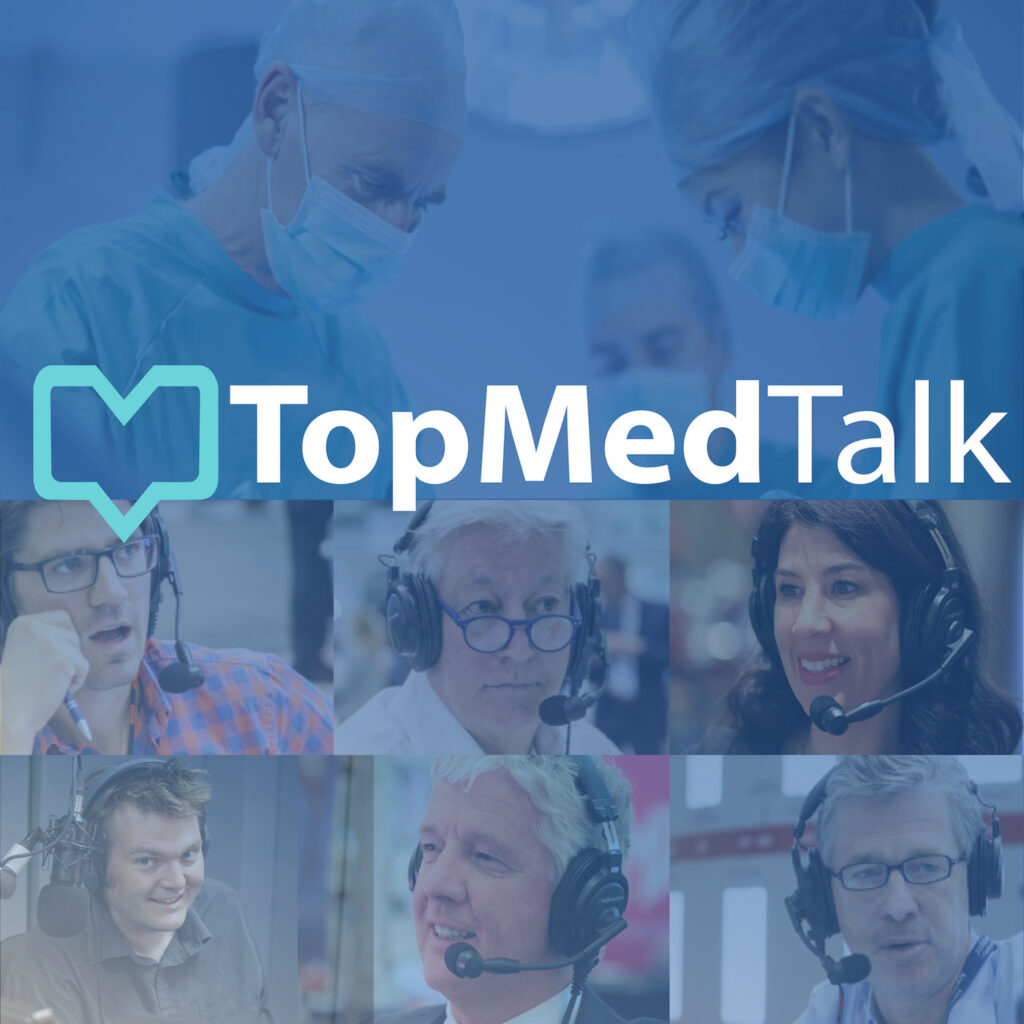
Developmental neurotoxicity; can human infants exposed to anaesthesia early in their early development really be facing risks which we were previously unaware of? There’s a lack of evidence at the moment but outcomes for young animals have raised concern. Given the complexities of human neurodevelopment how can such issues be reliably detected? Presented by Joff Lacey with his guest Hugh Hemmings Senior Associate Dean for Research, Professor and Chair of Anesthesiology at Weill Cornell Medicine.
Anaesthesia 2019 | The Future of Anaesthesia

This excellent conversation explores how Anaesthesia as a profession will the profession evolve as the years pass; change is inevitable and the direction of it is becoming clearer but what it’s pace will be is still uncertain. How will we adapt to the new roles and requirements we can see coming towards us in the near future? Will “the computers take over” or do we see a future where roles will be made simpler and more automated? Should Anaesthetists expect to tackle more of a leadership role in the future? Also, what is the “technological singularity”? Should we be concerned about it? Finally, some thoughts on what it really means to work in healthcare, how are we different to the super computers we imagine doing our work in years to come and might these differences be unique advantages that can never be emulated? Originally broadcast live from Anaesthesia 2019; a ‘must-attend event’ for the specialty where world-renowned experts present the latest advances in perioperative medicine, critical care and pain medicine. Presented by Joff Lacey with Mike Swart, Consultant in Anaesthesia and Critical Care Medicine at Torbay Hospital and advisor to the UK Department of Health for the Enhanced Recovery Programme.
TopMedTalk | Fluids in the 2020’s
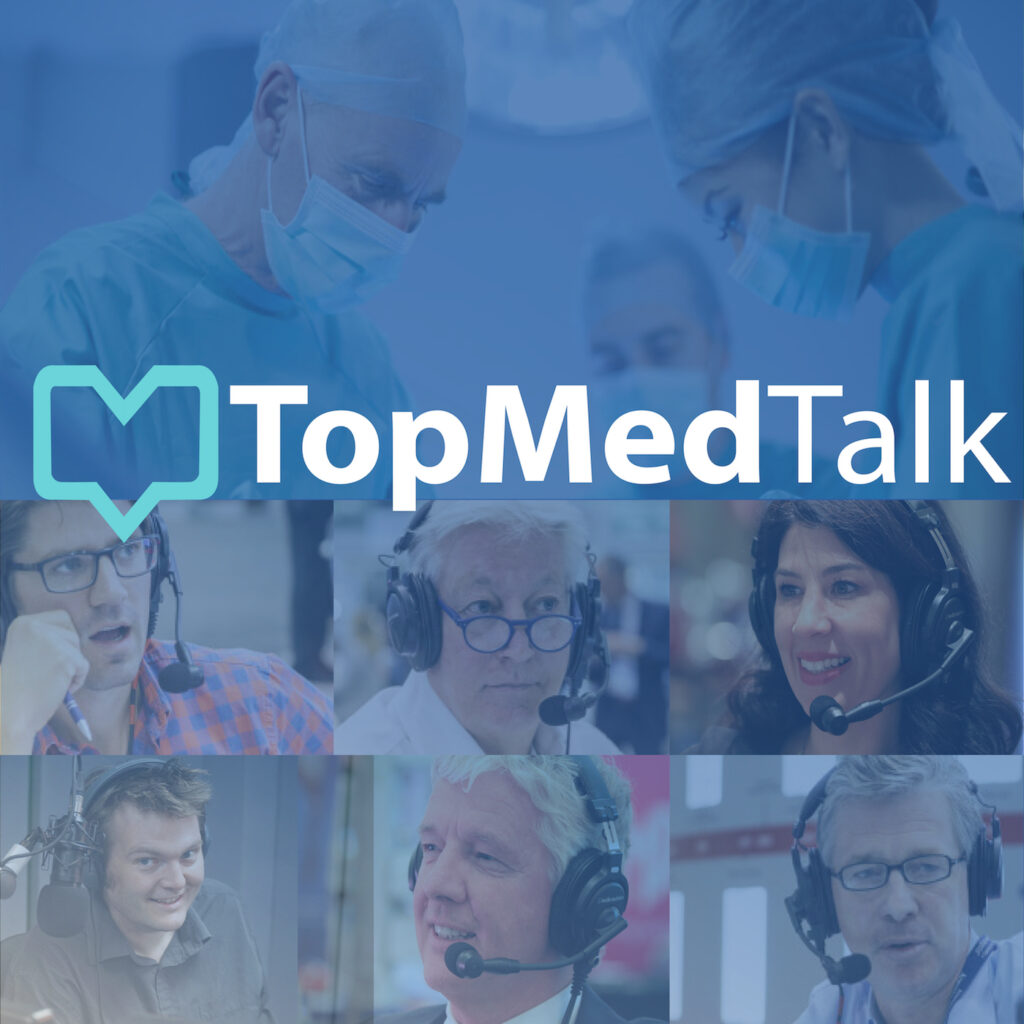
This piece gets into the detail regarding one of the big talking points in perioperative medicine over the last year or so; what is the impact of intraoperative hypotension on post operative outcomes? Further discussion encompases the modern uses of a pulmonary artery catheter. If you enjoyed hearing Andy Shaw’s take on these topics further listening can be found here; https://www.topmedtalk.com/hemodynamic-monitoring-and-the-pulmonary-artery-catheter/ Presented by Desiree Chappell with Monty Mythen, Joff Lacey and their guest Dr Andrew Shaw, Chairman, Department of Anesthesiology and Pain Medicine at The University of Alberta, Edmonton, Alberta and Zone Clinical Department Head for Anesthesia, Alberta Health Services Edmonton Zone. He is also a Fellow of the Royal College of Anaesthetists (UK), the American College of Critical Care Medicine and the Faculty of Intensive Care Medicine (UK).
Xtreme Everest Extra | Hypoxia and the Brain
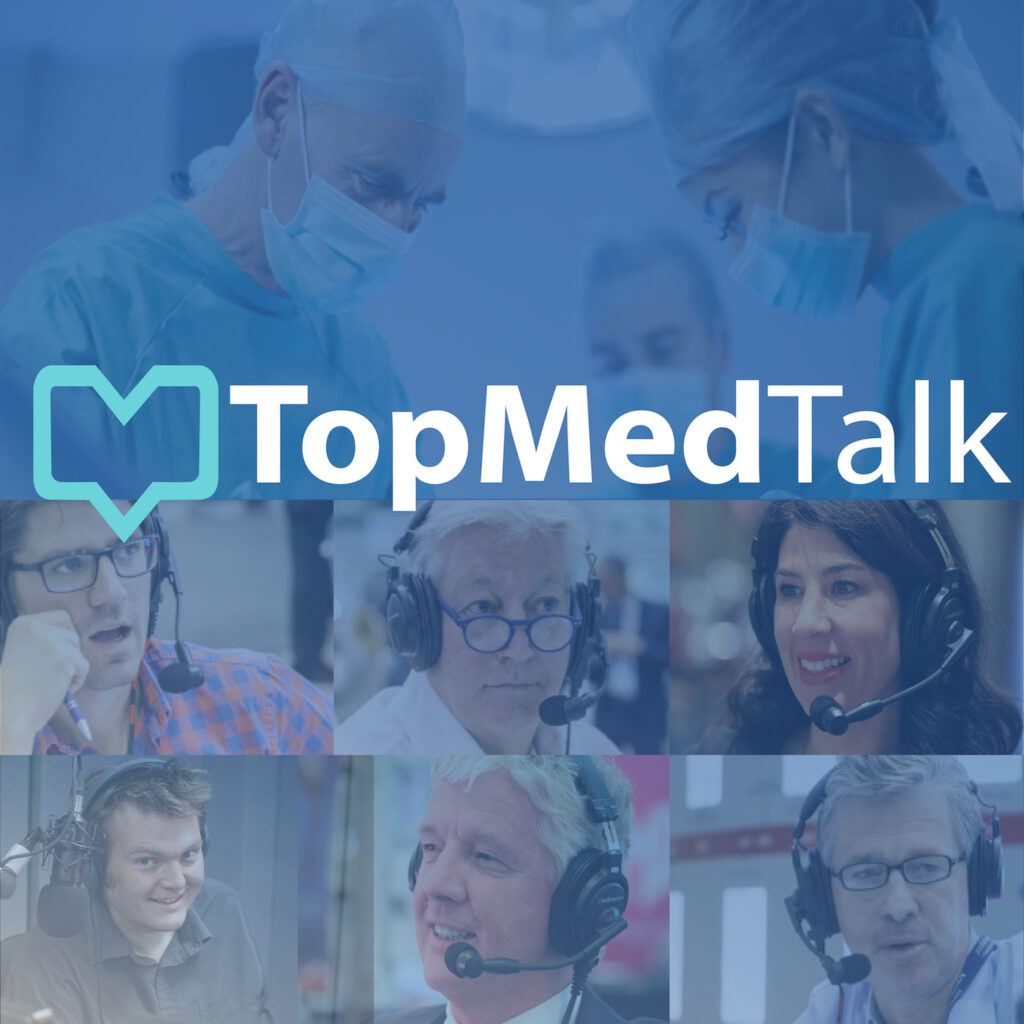
This special four part series explores the fascinating story of Xtreme Everest – the ground-breaking, research programme that has pursued a novel approach to scientific exploration. Over the last decade, this innovative team has performed large scale studies at high altitude to mimic some of the effects of critical illness. The objective is for their findings to be brought “from the mountainside to the bedside” so that the care for our sickest patients may be improved. In this podcast, Chris Imray, describes the physiological changes within the brain when exposed to the hypoxic conditions of high altitude and how our understanding of this may change the management of patients. Presented by Joff Lacey with his guest Chris Imray, a Consultant Vascular Surgeon at University Hospitals Coventry and Warwickshire NHS Trust and a Professor at Warwick Medical School. Chris is a passionate climber and has long been involved in altitude research. He was the deputy climbing leader for the 2007 Xtreme Everest expedition and was part of the summit team.
Xtreme Everest Extra | Unlocking the Secrets of the Mighty Mitochondria
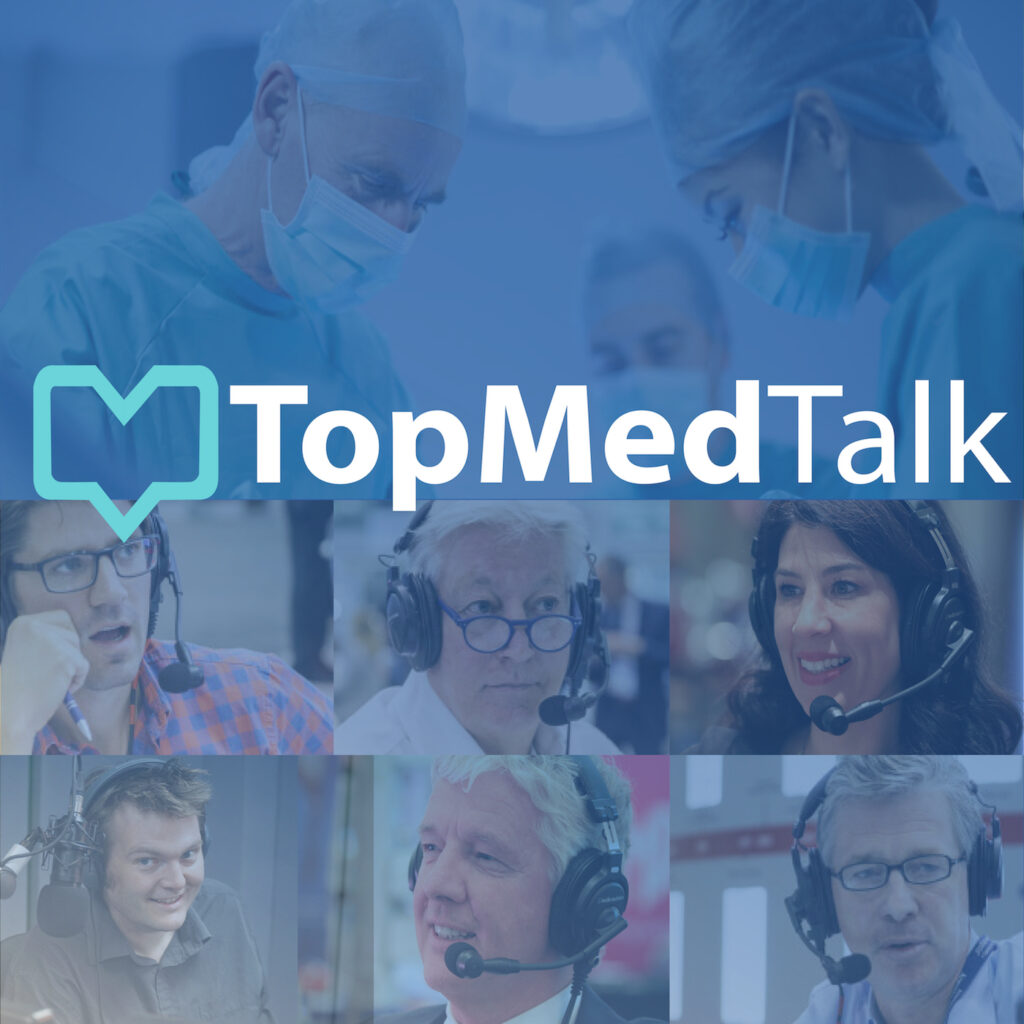
This special four part series explores the fascinating story of Xtreme Everest – the ground-breaking, research programme that has pursued a novel approach to scientific exploration. Over the last decade, this innovative team has performed large scale studies at high altitude to mimic some of the effects of critical illness. The objective is for their findings to be brought “from the mountainside to the bedside” so that the care for our sickest patients may be improved. In this podcast, Andrew Murray, discusses the findings from his studies on Everest in which he has investigated novel mechanisms that control mitochondrial function under hypoxic conditions. It is hoped that his discoveries will facilitate major breakthroughs in tailoring medical interventions to improve the outcome of critical care patients. Presented by Joff Lacey with his guest; Andrew Murray a reader in metabolic physiology at the University of Cambridge. Since 2005, Andrew has been a member of the Xtreme Everest research group, studying mitochondrial function in cardiac and skeletal muscle at high altitude.
